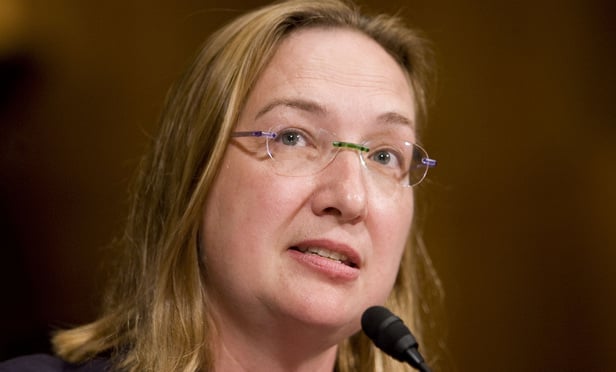Howell left the U.S. Attorney’s Office in 1993 and became the general counsel for the Senate Judiciary Committee, where she worked for Sen. Patrick Leahy, D-Vermont. Following public service, she joined the cybersecurity firm Stroz Friedberg, where she became executive managing partner and general counsel until she joined the court.
Howell has issued several key rulings during the past few years on the bench. Earlier this year, she ordered the release of a list of more than 200 cases in which federal prosecutors sought surveillance requests, the first ever such release by a federal court. Howell also struck down a ban on protesting at the Supreme Court plaza in 2013, a decision later overturned, and ruled for a Sikh soldier to block the Army from requiring him to undergo additional testing in order to serve with a beard and turban. In 2015, an Above the Law analysis of Ravel data showed Howell was the second-most cited judge of those appointed since 2010.
Howell’s decision-making in overseeing the grand jury investigation would be limited to issues arising from the investigation. Decisions would be filed under seal, according to secrecy rules.
Huppert, the former clerk, said that when it comes to decisions, Howell is “very fair-minded” and “intellectually rigorous.”
“What she always tried to emphasize to us … is there is no preconceived notion of what the right answer is or what the right result is,” Huppert said. “She very strongly believes in following the law where it leads her, and not carving out what she thinks the law should be.”
Light echoed the sentiment, noting Howell’s opinions can be lengthy, but her thoroughness always makes it “abundantly clear how she thought through the decision.” He added that when it comes to the courtroom, Howell “gets things done” and “when she wants a case to move along, it moves along.”
Correction: An earlier version of this story should have said Howell previously worked for the U.S. District Court for the District of New Jersey.



